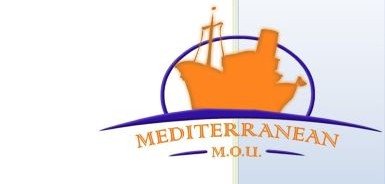
P&I club Gard has warned that a serious source of engine damage can come as a result of automatic backflush filter failure.
Automatic backflush filters are designed to protect engines by keeping fuel and lubricating oil clean. The filters generally consist of one or more chambers with a set of candles of fine wire mesh that the oil flows through. Larger particles get stuck on the surface while smaller particles flow through the filters and back into circulation. Continue reading “Gard – Beware of backflush filter failures”
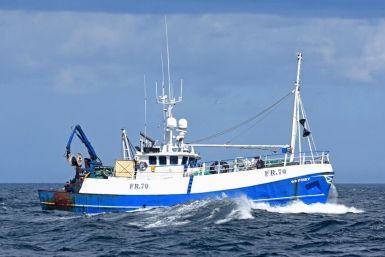
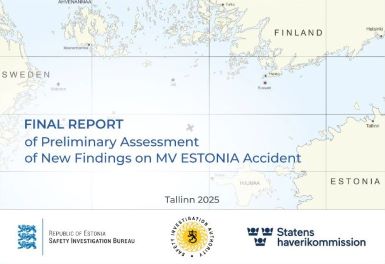
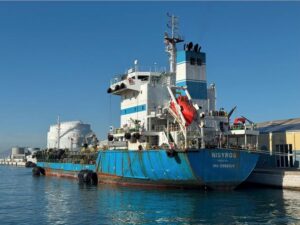

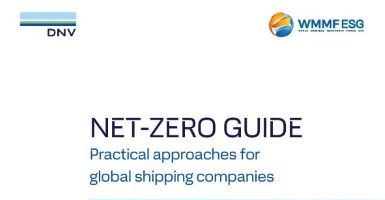 DNV and the World Maritime Merchants Forum (WMMF) have worked together to create the Net-Zero Guide: Practical approaches for shipping companies.
DNV and the World Maritime Merchants Forum (WMMF) have worked together to create the Net-Zero Guide: Practical approaches for shipping companies.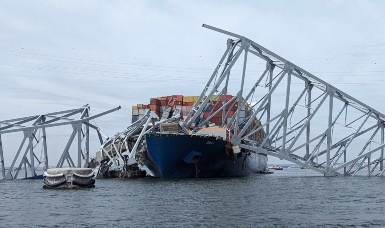
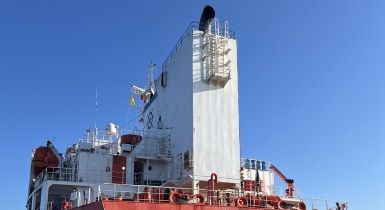

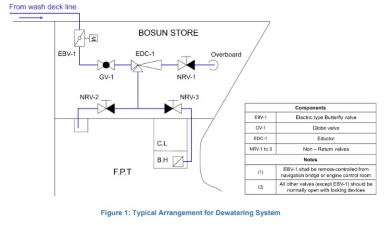
 Well, it is not often that I find myself at the centre of the news, but so it seems this month. On my trip to Goa in September to participate in the IIMS Indian Conference, I met up with Nishit Doshi from Trader Magazine, who has closely followed the Institute’s progress over the past decade. We chatted, and I gave an exclusive interview to him. He was keen to know about my journey over the past decade, leadership ethos, and how IIMS continues to evolve and remain relevant amid sweeping changes across the maritime industry. Reading Nishit’s
Well, it is not often that I find myself at the centre of the news, but so it seems this month. On my trip to Goa in September to participate in the IIMS Indian Conference, I met up with Nishit Doshi from Trader Magazine, who has closely followed the Institute’s progress over the past decade. We chatted, and I gave an exclusive interview to him. He was keen to know about my journey over the past decade, leadership ethos, and how IIMS continues to evolve and remain relevant amid sweeping changes across the maritime industry. Reading Nishit’s 